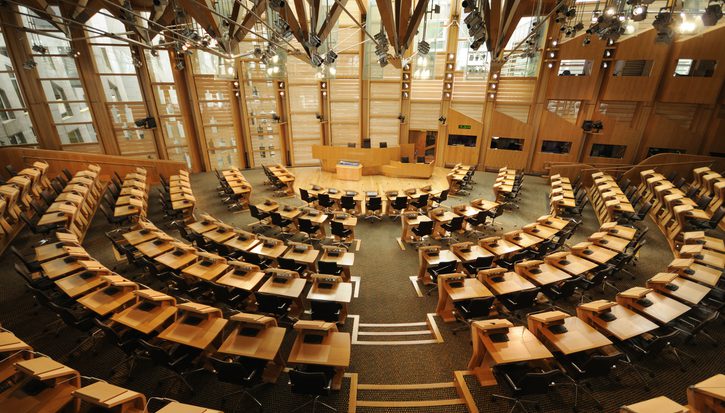Our research
Our research
As Scotland’s progressive think tank, we develop strategic research, connect robust evidence and ideas into policymaking, hold the government to account on delivery, and by extension make a tangible impact to people's lives in Scotland.
Our independent research is firmly rooted in expertise, evidence and high-quality analysis. We generate evidence-based, practical solutions. Our recent research has included topics such as Scotland’s economy, fiscal analysis, child poverty, an inclusive economy, education, skills, social security and more.
Latest
View all
More than a safety net: The welfare state as springboard to economic success and a better country
A perceived conflict between social spending and economic dynamism is deeply embedded in both Scottish and UK political discourse.
Rethinking public sector productivity
This is the second in a series of IPPR Scotland blogs as part of our project on Employment, Productivity and Reform in the Scottish Public Sector. This project is funded by the Robertson Trust.
Apples and oranges? Scottish teachers’ pay in international context
This is the first in a series of IPPR Scotland blogs as part of our project on Employment, Productivity and Reform in the Scottish Public Sector. This project is funded by the Robertson Trust.
Policy credibility and the Scottish Budget

A return north: reflections on IPPR Scotland’s tenth anniversary conference
There’s nothing like moving away from Scotland to remind you just how Scottish you are.
Scotland: Taxed enough already? Maybe not
It is possible to make the case for progressive increases in income tax while in government. You can win the argument, and the world won’t come to an end.